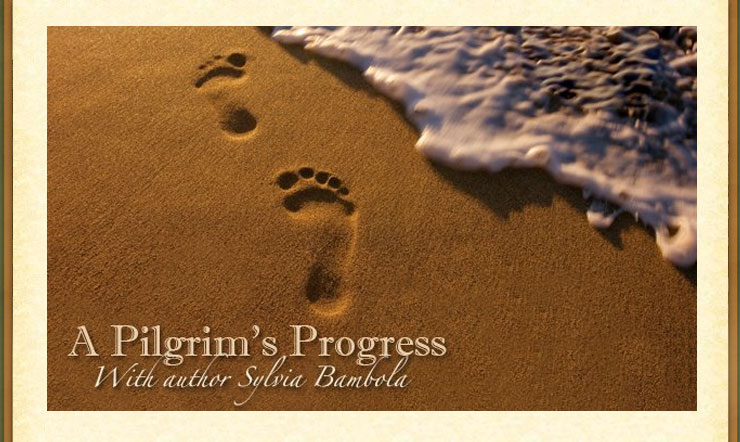Becoming an Outcast
Monday, 09 September 2013 11:22:00So right after Jesus heals the blind man in John 9:1-32 and the Pharisees get wind of it, you guessed it, they begin a campaign to prove it was all a hoax. First they try to prove the man was never blind. When that fails, they verbally attack Jesus. “He’s not from God,” they boldly claim as if they really know what they’re talking about, and saying it because Jesus performed this miracle on the Sabbath.
Then the former blind man rises up in Jesus’ defense, but surely in fear and trembling because he’s well aware that he’s coming against the “powerful” of his day—men who can make life difficult for him. “Since the beginning of time,” this man tells them, “it has never been heard that anyone opened the eyes of a man born blind. If this Man were not from God, He would not be able to do anything like this.”
At once the Pharisees attack the messenger. “You were wholly born in sin from head to foot; and do you presume to teach us?” (vs 34 Amplified) Then they throw him out of the synagogue. Since the synagogue was the center of Jewish life this was harsh punishment indeed. It meant that this former blind man could no longer fellowship with his people. He was now an outcast. But then, and here’s the good part, Jesus hears about it and goes to him and introduces Himself as the Son of Man who has come into the world to make the blind see, the One who desires to make everyone see with their spiritual eyes.
And this is still happening today. When Jesus comes along and cures our spiritual blindness we often become outcasts, too—misunderstood and rejected by our church, our family, our circle of friends. But as the days grow darker and less certain, we need to be willing to become outcasts for Jesus’ sake. That may mean leaving our church, a church that does not preach the word of God but the traditions of men, or a church that allows its pet theology to trump Scripture. It’s not an easy thing to become an outcast, to go against the “powerful.” But it’s an “either or” situation. Either we stand for God and His word, or we cave and compromise in order to keep from making waves, in order to get along, to blend in. But doesn’t this sound too uncomfortably like the Laodicean church? The one God said He was going to vomit out of His mouth? As I see it, we are rapidly approaching a time when fence sitting is out and we’ll have to commit one way or the other.
Do I want to become an outcast? Not really. But it may become necessary if I want to be a true follower of Christ, and it may be so for you, too. After all, Jesus predicted it when he said in John 16:2-3 (Amplified) “They will put you out of, expel you from the synagogues; but an hour is coming when whoever kills you will think and claim that he has offered service to God. And they will do this because they have not known the Father or Me.”
Something to think about. Something to prepare for.
Until next time,
Sylvia




